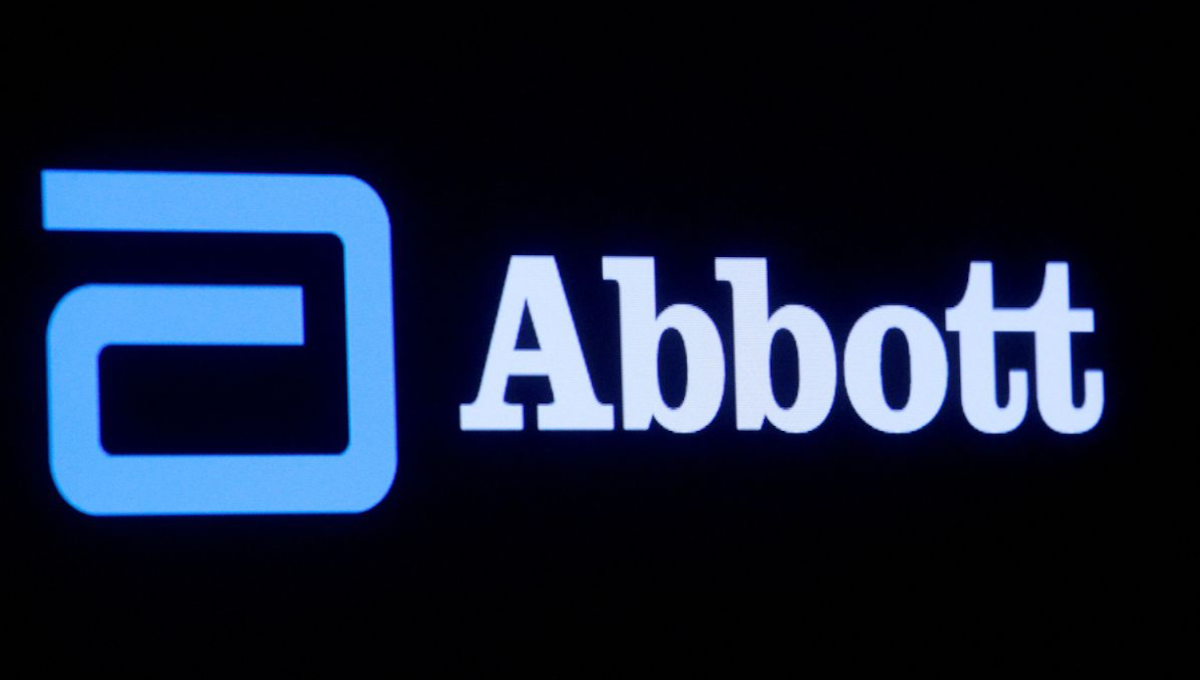
Abbott Nutrition’s Chairman, and Chief Executive Officer, Robert Ford has announced that his company is putting up $500 million for a new infant formula manufacturing facility at a location yet to be determined.
His announcement came during a quarterly phone conference with investment analysts as the troublesome infant formula shortages continue to plague the United States. Shortages have continued even after the Abbott baby formula plant in Sturgis, MI, got back online.
“Over the last few months, we’ve made progress in several important areas following the temporary shutdown of our infant formula manufacturing plant in Sturgis, MI, earlier this year, ” Ford told analysts. “We restarted production at Sturgis in July with a focus on our EleCare and other specialty infant formulas.
“And in September, ” he continued. “we began production of several Similac products, which we expect will begin to reach retail store shelves over the coming weeks. We also boosted production in our global network to increase infant formula supply to the U.S. In fact, we delivered roughly the same volume of formula to our U.S. customers this past quarter as we did during the three months prior to the recall.”
Ford said: “Our No. 1 supply priority was to the WIC, women, infants, and children, federal food assistance program, to ensure that underserved participants would have access to infant formula. During the quarter, we also made leadership changes, both at our Sturgis site and in our organization, and we concluded a month-long investigation into the accusations that were made by a former employee. The investigation, which included extensive document reviews and interviews, concluded that the allegations about quality were unfounded.”
“And during the quarter, the same former employee dropped the federal OSHA complaint,” Ford added. “Lastly, we conducted an analysis of the U.S. infant formula market and concluded that this country would benefit from more manufacturing capacity and redundancy. As such, we’re moving forward with plans for a half-billion investment in a new U.S.nutrition facility for specialty and metabolic infant formulas. We’re currently in the final stages of determining the site location and will work with regulators and other experts to ensure this facility is state-of-the-art and sets a new standard for infant formula production. We recognize there’s more to do, but feel confident in the progress we’re making, and I want to thank all the Abbott employees that have been working around the clock on this matter.”
Abbott Nutrition closed its Sturgis, MI, plant in February after four infants were infected with cronobacter, a rare bacteria found in a variety of dry goods including powdered infant formula, Two of the four infants died.
The Food and Drug Administration has looked at seven other infant deaths that may be connected to infant formula. Abbott says there is no conclusive evidence that any infant death is connected to its product.
Prior to its announcement of a new $500 million baby formula plant, Abbott recalled 2 fluid ounce/59-milliliter bottles of Ready-to-Feed liquid products for infants and children, including the brands Similac Pro-Total ComfortTM, Similac 360 Total Care, Similac 360 Total Care Sensitive, Similac Special Care 24, Similac Stage 1, Similac NeoSure, Similac Water (Sterilized) and Pedialyte Electrolyte Solution.
That brought an immediate reaction from U.S. Rep.Rosa DeLauro, D-CT, the House or Representative’s top food safety advocate. The recalled Abbott Similac formula was manufactured at a facility in Columbus, OH.
“We face a serious problem in this country,” DeLauro said. “How is it that one company, that controls 43 percent of the market, is able to have several product recalls on infant formula within the same year? Infant formula should be the safest product on the market, and facilities that manufacture it should meet the highest standards of safety.
“And, again, ” she said. “Abbott skirts responsibility and downplays the situation by saying, ‘This recall equates to less than one day’s worth of the total number of ounces of infant formula fed in the U.S. and is not expected to impact the overall U.S. infant formula supply.’ Let me be clear —every feeding and every day is worth a lot to families who are trying to feed their babies with safe formula.
“Abbott has repeatedly failed to meet even the most basic food safety standards, resulting in product recall after product recall of a life-sustaining product that families desperately need. This must change,” she added. ” As I have said before, I will be introducing legislation before the end of the year that supports small, domestic businesses that manufacture infant formula so they can compete with giants like Abbott.”
DeLauro said she is “fighting like hell to get our shelves restocked with infant formula, but it must be safe, and it must be reliable.”
Traditionally, the Sturgis plant has produced the most infant formula in the United States. With its production down, the United States turned to “Operation Fly Formula,” military flights delivering foreign-produced formula for U.S. consumption.
As of Sept 29, 74 flights had delivered 97.9 million eight-ounce equivalents of foreign baby formula. Those flights have eased, but not ended, the shortages.
FDA Commissioner Robert Califf blames the ongoing baby formula shortage on “years of consolidation” resulting in a “fragile supply chain that is susceptible to production disruptions.”
Califf says baby formula manufacturers like Abbott are working to increase their production capacities, but more needs to be done. He points to a need for “greater diversification” in manufacturing with new entrants who are willing to adhere to FDA’s quality and safety standards.
(To sign up for a free subscription to Food Safety News, click here)
